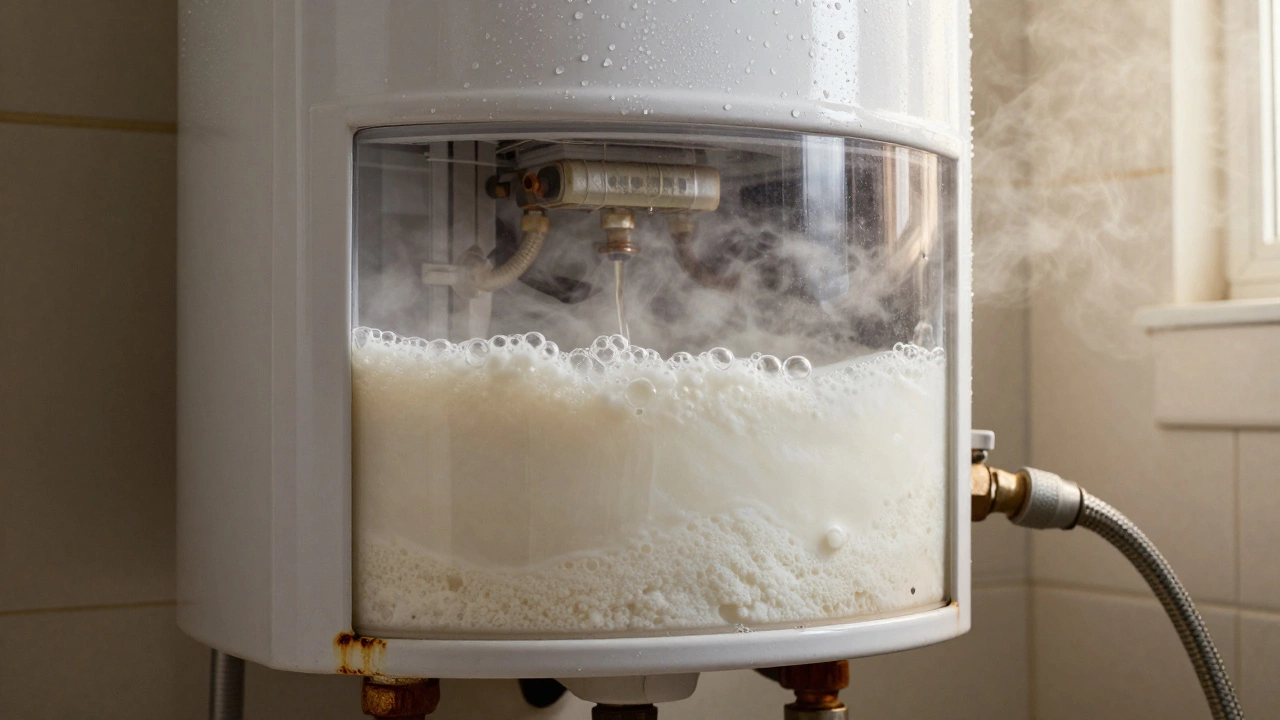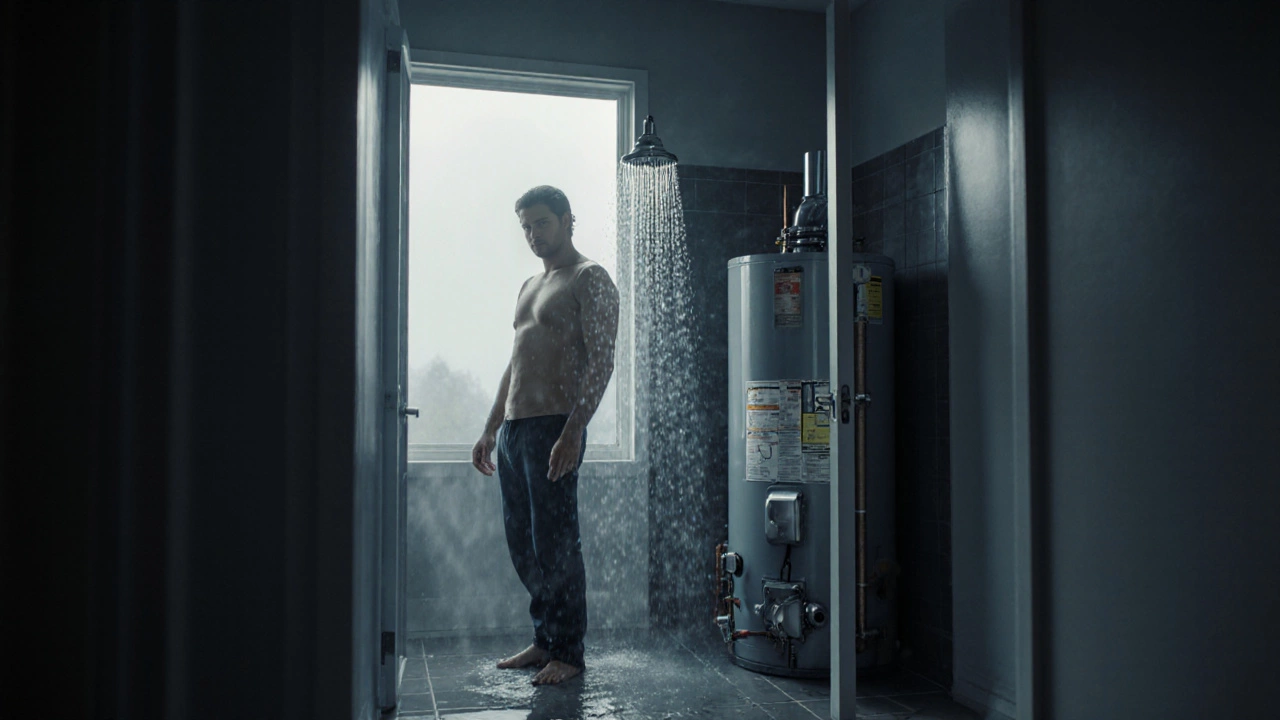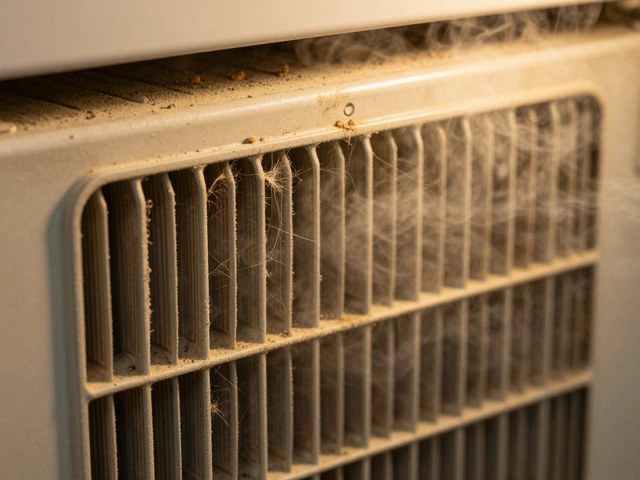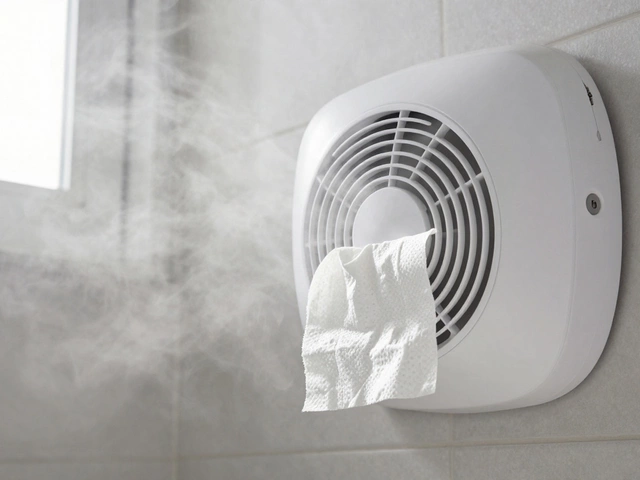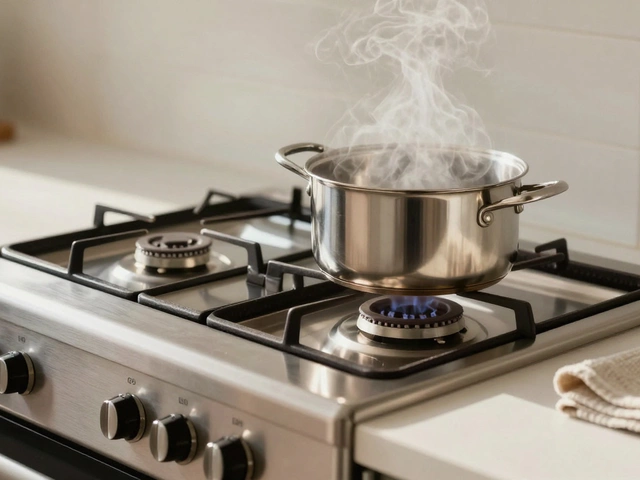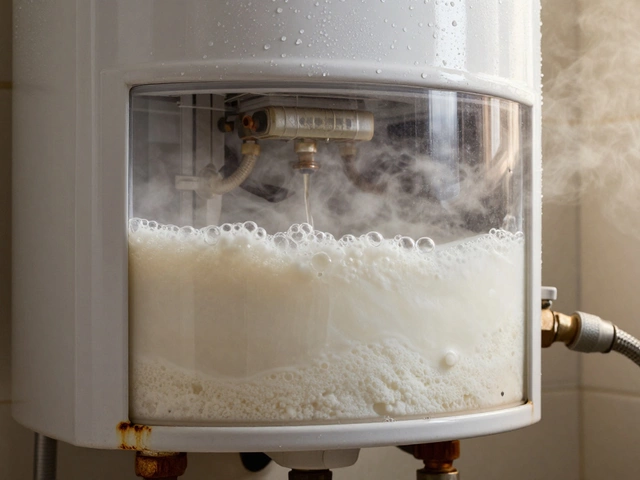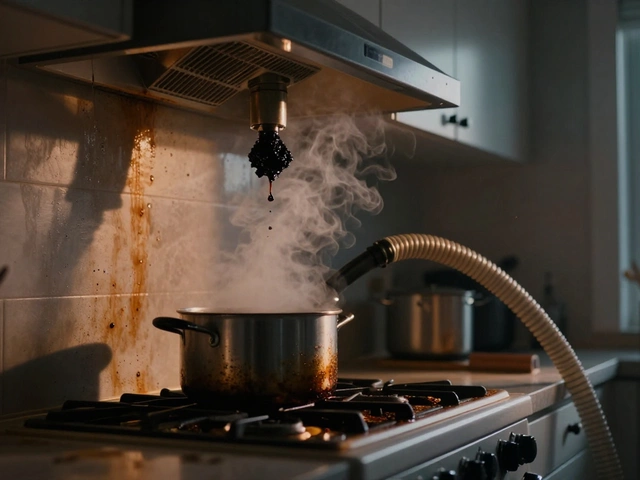Water Heater Failure: Common Causes, Fixes, and When to Call a Pro
When your water heater failure, a sudden loss of hot water in your home, often caused by internal component breakdowns or age-related wear. Also known as no hot water, it’s one of the most disruptive home issues—especially in winter. It’s not always a sign your whole system is dead. Most of the time, it’s just one part giving out, and fixing it costs a fraction of replacing the unit.
Two big culprits behind water heater failure are the heating element, the metal coil inside the tank that heats the water, often the first part to burn out in electric models and the thermostat, the control that tells the heater when to turn on and off, which can get stuck or lose calibration. If your water is lukewarm or cold, but the power’s on, these are the first things to check. You don’t need to be an electrician—just a multimeter and a little patience. Many people fix these themselves in under an hour.
But water heater failure isn’t always about parts. Sediment buildup from hard water can coat the bottom of the tank, making it work harder and eventually overheat. That’s why regular water heater maintenance, simple annual tasks like flushing the tank and checking pressure valves, can extend your heater’s life by 5–10 years matters more than you think. Skip it, and you’re just buying time before a costly breakdown.
And if your heater’s over 10 years old? That’s the golden rule. Even if it’s still working, older units are inefficient, prone to leaks, and rarely worth repairing. Replacing it might cost more upfront, but you’ll save on bills and avoid a flooded basement. If you’ve got a gas heater, watch for pilot light issues or strange smells—that’s not just failure, that’s a safety risk.
Below, you’ll find real fixes from people who’ve been there: how to test a thermostat, replace a broken element, flush sediment without calling a plumber, and when it’s smarter to walk away from an old unit. No fluff. Just what works.
What Is the Most Common Cause of No Hot Water?
- Alden Wilder
- Feb 9 2026
- 0 Comments
The most common cause of no hot water is sediment buildup in the tank, especially in areas with hard water. Flushing the tank yearly can prevent this issue. Other causes include pilot light failure, broken elements, or old age.
View MoreWhy Do Water Heaters Fail So Quickly? Common Causes and How to Avoid Them
- Alden Wilder
- Nov 10 2025
- 0 Comments
Water heaters often fail early due to sediment buildup, worn anode rods, and high temperatures. Learn how simple yearly maintenance can double your heater's lifespan and prevent costly leaks.
View MoreWhy Would a Hot Water Heater Suddenly Stop Working?
- Alden Wilder
- Oct 28 2025
- 0 Comments
A hot water heater can stop working suddenly due to thermostat failure, burnt-out elements, power issues, or tank corrosion. Learn how to diagnose and fix common causes-or when to replace it entirely.
View More